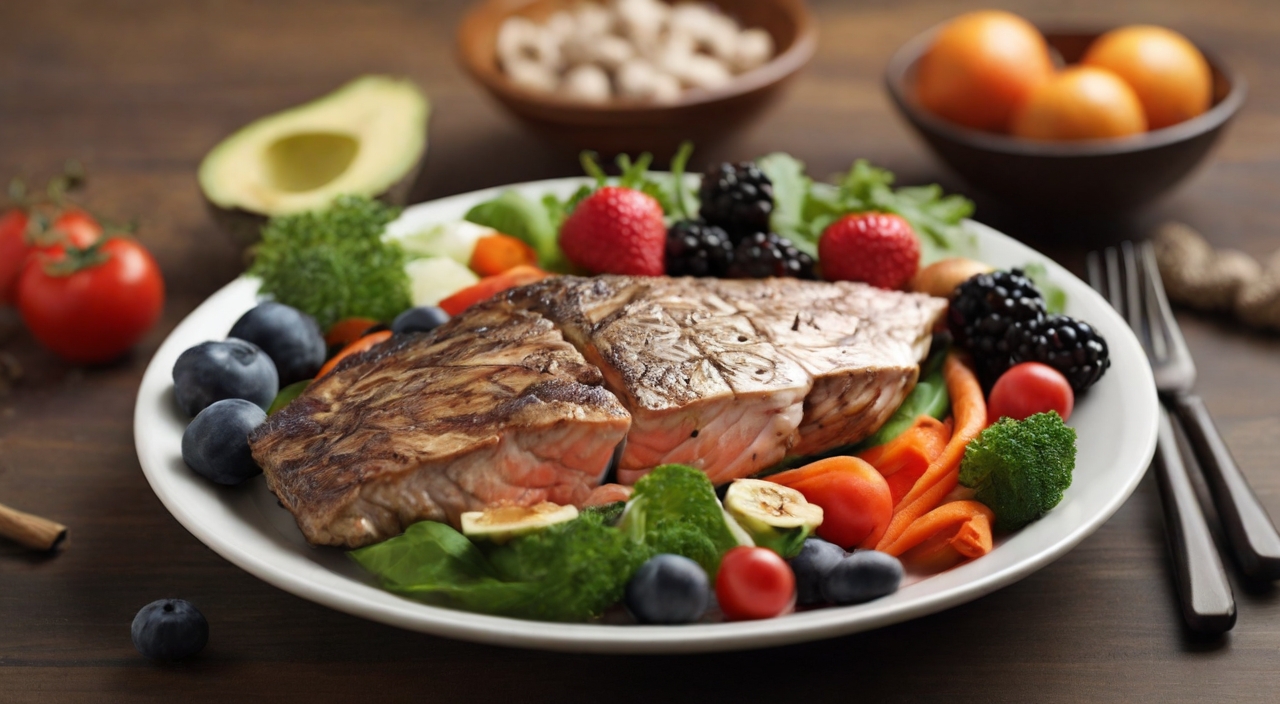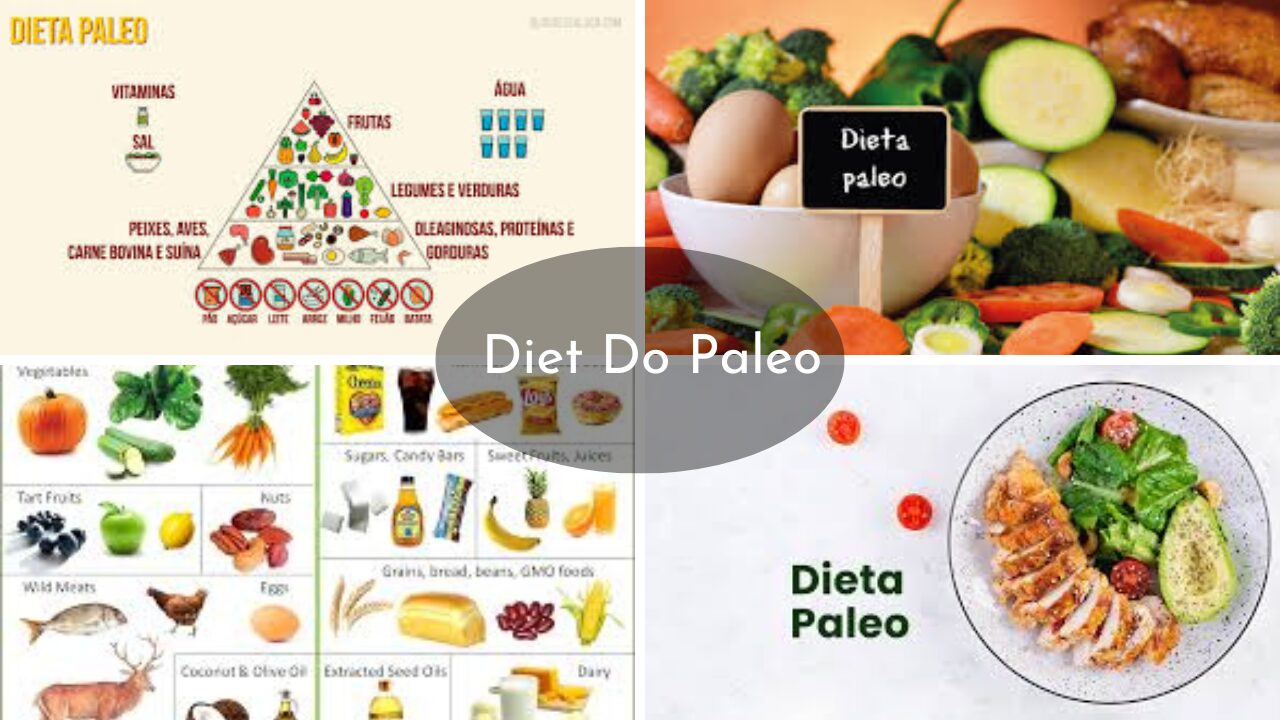Debunking the Hype: Is the Paleo Diet Unhealthy?
The Paleo Diet has been a popular choice for years among people who want to lose weight and eat in a more “natural” way. But new studies and a closer look at the science behind our ancestors’ habits make us wonder if it’s perfect for our health in the long run. We’ll talk about the possible bad things about the Paleo diet in this article so that you can make intelligent choices about your health and fitness.
What is the Paleo Diet?
Paleo, short for “Paleolithic,” is the idea that we should eat like our hunter-gatherer ancestors did. We are eating foods that are thought to have been around during the Paleolithic period, about 2.5 million to 10,000 years ago. Diet supporters say this way of eating is best for our health because it fits our genetics.
The Paleo diet typically emphasizes:
- Lean meats, poultry, and fish
- Eggs
- Fruits
- Vegetables
- Nuts and seeds

Conversely, it excludes:
- Grains (wheat, oats, barley, etc.)
- Legumes (beans, lentils, peas)
- Dairy products
- Processed foods
- Added sugars
Why Some Experts Consider the Paleo Diet Unhealthy
The Paleo diet has some healthy parts, like focusing on fruits, veggies, and lean protein, but it also has some things that could go wrong:
Nutritional Deficiencies
While cutting out whole food groups, getting the effort nutrients your body needs can be complex. The following is a list of some possible flaws:
- Calcium and Vitamin D: Dairy products are a rich source of these bone-building nutrients. Restricting them can increase your risk of osteoporosis.
- Fiber: Whole grains and legumes are high in fiber, crucial for gut health and digestion. The Paleo diet can leave you feeling sluggish and constipated.
- B Vitamins: Whole grains and legumes are packed with B vitamins, essential for energy production and brain function. A deficiency can lead to fatigue and mood swings.
High Saturated Fat Intake
The Paleo plan often says you can eat as much red meat as possible. Red meat can be part of a healthy diet, but overeating can raise your risk of heart disease, stroke, and some cancers.
Limited Food Choices
Sticking to a strict diet like Paleo can be hard to do for a long time. The restrictions can make it hard to move and get together with friends, which could make people feel alone and frustrated.
Not Based on Solid Science
We only have a little information about Paleolithic food. Our ancestors’ diets changed a lot based on where they lived and what resources were available.
Is the Paleo Diet Right for You?
For some people, the Paleo diet might help them lose weight and keep their blood sugar in check. But it’s not a one-size-fits-all method. Here are some things to think about:
- Your overall health: If you have any underlying health conditions, consult your doctor before starting the Paleo diet.
- Your lifestyle: The restrictive nature of Paleo can be challenging for busy individuals to maintain.
- Your nutritional needs: Ensuring you meet your micronutrient needs with Paleo can require careful planning and potential supplementation.
A Healthier Alternative: The Balanced Approach
To be healthy, you need to eat a range of whole, unprocessed foods in a balanced way. Here are some rules to think about:
- Focus on fruits, vegetables, and whole grains: These foods are packed with vitamins, minerals, and fiber for overall health.
- Choose lean protein sources: Include fish, poultry, beans, and lentils for protein without excessive saturated fat.
- Limit unhealthy fats: Opt for healthy fats from nuts, seeds, and olive oil sources.
- Don’t fear dairy in moderation: Dairy can be a valuable source of calcium and vitamin D. Choose low-fat or fat-free options.
- Listen to your body: Eat intuitively and focus on feeling your best.
FAQs about “Why Paleo Diet is Unhealthy”
Can I lose weight on the Paleo Diet?
Yes, weight loss can happen when you eat fewer calories and different macro nutrients. But it’s not always a healthy or long-lasting way to deal with weight issues in the long run.
What are the negatives of the paleo diet?
- Potential nutritional deficiencies (calcium, vitamin D, fiber, B vitamins)
- High saturated fat intake
- Limited food choices, difficult to maintain long-term
- Not based on strong scientific evidence
Is the Paleo Diet good for people with diabetes?
The Paleo diet focuses on lean protein and fewer artificial carbs, which may help control blood sugar in some ways. However, it is essential to talk to a medical expert.
Do doctors recommend the paleo diet?
Not usually. Some people may feel better in the short term, but doctors are worried about nutrient deficits and the diet’s limiting nature.
Can I be a vegetarian or vegan on Paleo?
The Paleo diet excludes legumes, a staple protein source for vegetarians and vegans.
Why is the paleo diet not sustainable?
- Eliminating entire food groups can be challenging and isolating.
- The focus on red meat might be unhealthy long-term.
- Social gatherings and travel can be difficult on Paleo.






